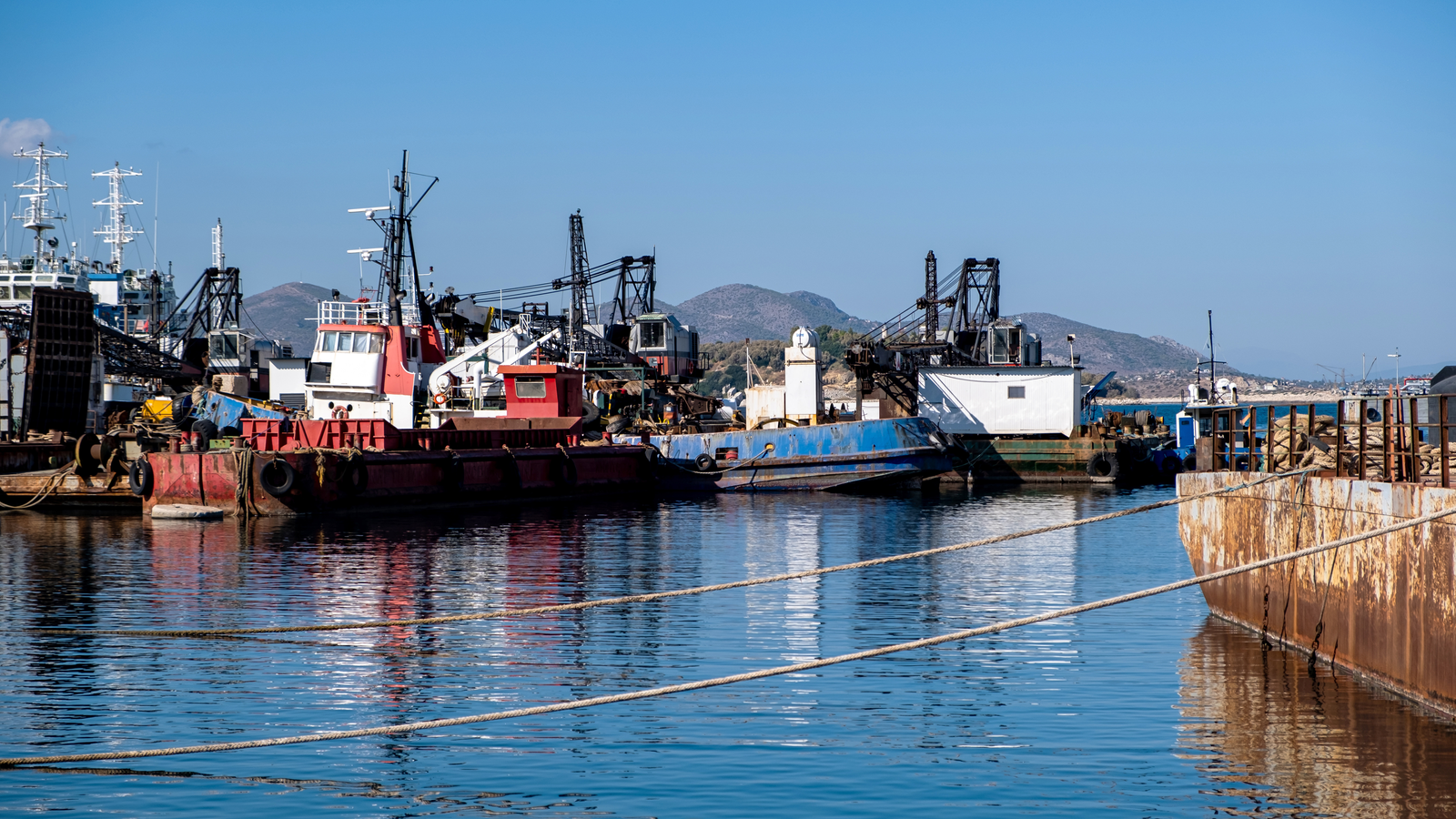Economic & Business Opportunities in Eritrea: Exploring Entrepreneurship, Investment Potential, and Challenges

Introduction 🌍
Eritrea, a small but strategically located country in the Horn of Africa, presents a unique blend of economic opportunities and challenges. With a population of around 3.6 million, the nation has vast untapped potential in sectors like mining, agriculture, fisheries, tourism, and renewable energy. However, political constraints, limited infrastructure, and an underdeveloped private sector pose significant hurdles.
This article explores Eritrea’s economic landscape, highlighting entrepreneurial prospects, investment potential, and key challenges that businesses and investors may face. Whether you’re an entrepreneur eyeing new markets or an investor seeking frontier opportunities, understanding Eritrea’s economy is crucial.
1. Overview of Eritrea’s Economy 📊
Eritrea’s economy is primarily state-controlled, with limited private sector participation. Key economic indicators include:
- GDP: ~$2.1 billion (2023 est.)
- GDP Growth: ~2.6% (modest but stable)
- Main Sectors: Mining, agriculture, fisheries, and services
- Currency: Eritrean Nakfa (ERN), pegged 1:1 to the USD (official rate)
The country follows a mixed economic model, with the government playing a dominant role in key industries. However, recent regional stability (following the 2018 peace deal with Ethiopia) has sparked interest in foreign investment and private sector growth.
Key Economic Strengths ✅
✔ Strategic Location – Access to the Red Sea for trade
✔ Mineral Wealth – Gold, copper, zinc, and potash deposits
✔ Young Workforce – Potential for labor-intensive industries
✔ Untapped Sectors – Tourism, renewable energy, and fisheries
Economic Weaknesses ❌
✖ Limited Infrastructure – Poor roads, unreliable electricity
✖ Restrictive Policies – Bureaucratic hurdles for businesses
✖ Foreign Exchange Shortages – Difficulties in repatriating profits
✖ Sanctions & Political Risks – Past UN sanctions (lifted in 2018) still affect investor confidence
2. Investment Potential in Eritrea 💰
Despite challenges, Eritrea offers lucrative investment opportunities in several sectors:
A. Mining & Natural Resources ⛏️
Eritrea is rich in gold, copper, zinc, and potash, attracting foreign mining companies.
- Bisha Mine (Zinc & Copper): Operated by a Canadian-Chinese consortium, contributing significantly to exports.
- Colluli Potash Project: One of the world’s largest potash deposits, with potential for agricultural fertilizer production.
- Gold Exploration: New sites are being explored, offering opportunities for joint ventures.
🔹 Investment Incentives: Tax holidays, joint venture opportunities with state-owned enterprises.
B. Agriculture & Food Security 🌾
Over 70% of Eritreans depend on agriculture, yet the sector remains underdeveloped due to droughts and outdated techniques.
- Irrigation Projects: Potential for agribusiness investments in drip irrigation and drought-resistant crops.
- Fisheries & Aquaculture: The Red Sea offers untapped potential for commercial fishing and fish processing.
- Dairy & Livestock: Growing demand for meat and dairy products presents opportunities for modern farming.
🔹 Key Challenge: Land ownership is state-controlled, limiting private farming expansion.
C. Renewable Energy & Infrastructure ⚡
Eritrea has high solar and wind energy potential, but infrastructure remains weak.
- Solar Power: Ideal for off-grid solutions in rural areas.
- Wind Energy: Coastal regions have consistent wind patterns.
- Transport & Logistics: Port modernization (Massawa & Assab) could boost trade.
🔹 Opportunity: Public-private partnerships (PPPs) in energy and infrastructure development.
D. Tourism Potential 🏝️
Eritrea boasts historical sites, pristine beaches, and unique cultural heritage, but tourism remains underdeveloped.
- Asmara: A UNESCO-listed city with Italian colonial architecture.
- Dahlak Islands: Untouched diving and eco-tourism spots.
- Red Sea Coast: Potential for luxury resorts and marine tourism.
🔹 Challenge: Visa restrictions and limited international flights hinder growth.
E. Manufacturing & Light Industry �
With a low-cost labor force, Eritrea could develop:
- Textiles & Garments – Export-oriented manufacturing.
- Food Processing – Packaged foods for domestic and regional markets.
- Construction Materials – Cement, steel, and ceramics production.
🔹 Barrier: Import restrictions on raw materials increase production costs.
3. Entrepreneurship in Eritrea: Opportunities & Challenges 🚀
A. Emerging Startups & SMEs
Eritrea’s private sector is small but growing, with entrepreneurs in:
✔ Digital Services – Mobile money, IT solutions.
✔ Retail & Trade – Import/export businesses.
✔ Agri-processing – Small-scale food production.
B. Challenges for Entrepreneurs
- Limited Access to Finance – Few banks lend to startups.
- Regulatory Hurdles – Complex business licensing processes.
- Currency Restrictions – Difficulty accessing foreign exchange.
C. Government & NGO Support
- Eritrean Investment Center – Facilitates foreign investments.
- Microfinance Initiatives – Small loans for women and youth entrepreneurs.
4. Risks & Barriers to Investment ⚠️
A. Political & Regulatory Risks
- Authoritarian Governance – Limits economic reforms.
- Military Conscription – Drains workforce availability.
B. Economic & Operational Challenges
- Currency Controls – Difficulty repatriating profits.
- Poor Infrastructure – Increases business costs.
C. International Relations Impact
- Sanctions History – Past UN sanctions deterred investors.
- Regional Instability – Conflicts in neighboring countries pose spillover risks.
5. Future Outlook & Recommendations 🔮
A. Steps for Economic Growth
✔ Liberalize Private Sector – Reduce state dominance.
✔ Improve Infrastructure – Roads, ports, and energy.
✔ Encourage FDI – Clearer investment laws.
B. Opportunities for Investors
- Mining & Energy – High returns in natural resources.
- Agribusiness – Food security initiatives.
- Tourism Development – Untapped potential.
C. Advice for Entrepreneurs
- Partner with Locals – Navigate bureaucracy better.
- Focus on Export Markets – Mitigate currency risks.
Conclusion 🎯
Eritrea’s economy presents a high-risk, high-reward scenario for investors and entrepreneurs. While challenges like political restrictions and infrastructure gaps persist, sectors like mining, agriculture, and renewable energy offer significant potential.
For those willing to navigate the complexities, Eritrea could become an emerging frontier market in the next decade. Strategic partnerships, patience, and local insights will be key to unlocking its economic opportunities.
Will you be one of the pioneers in Eritrea’s evolving business landscape? 🚀
